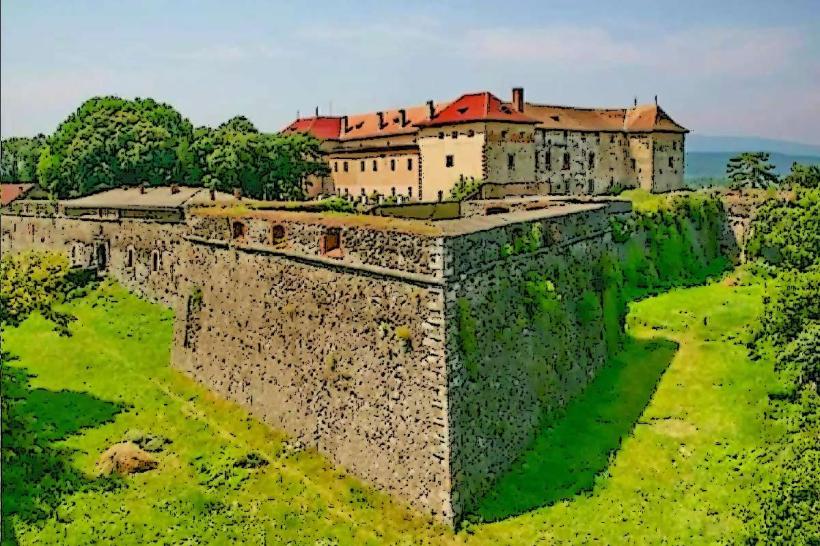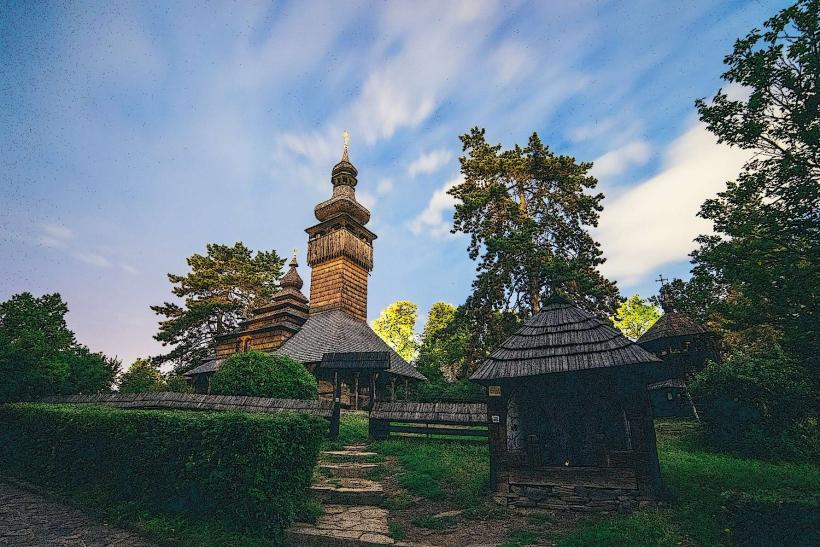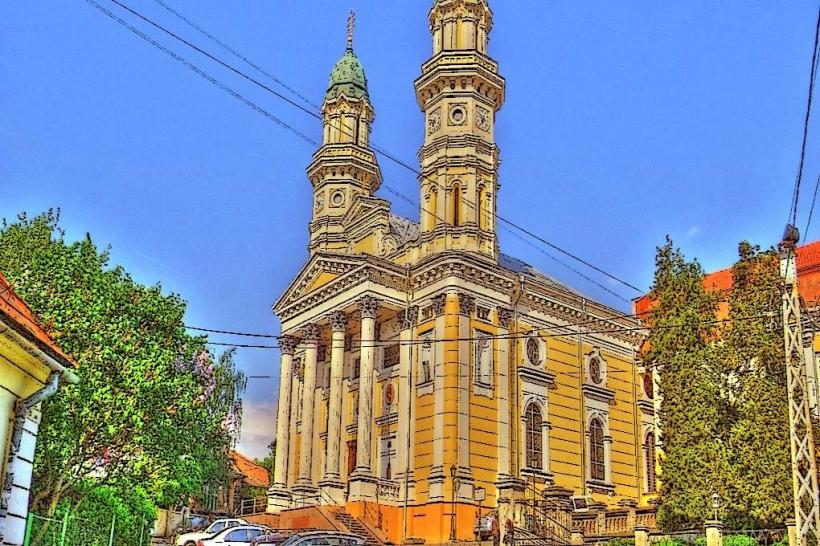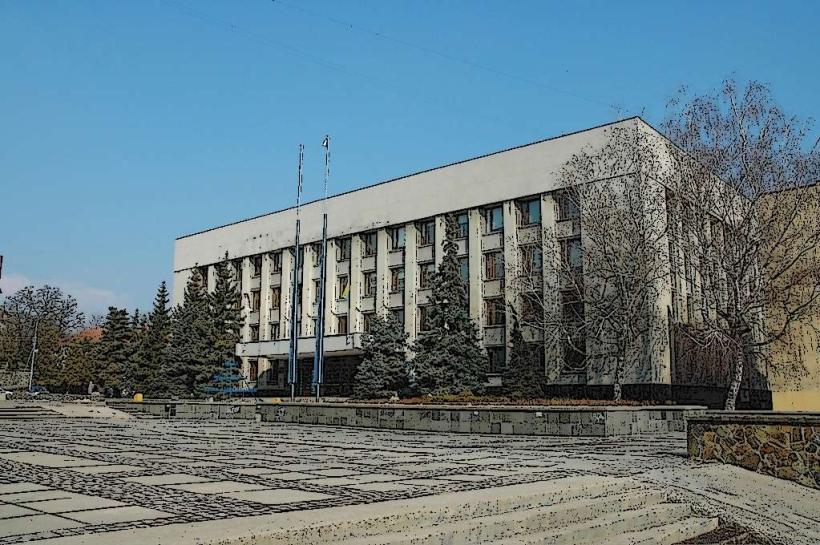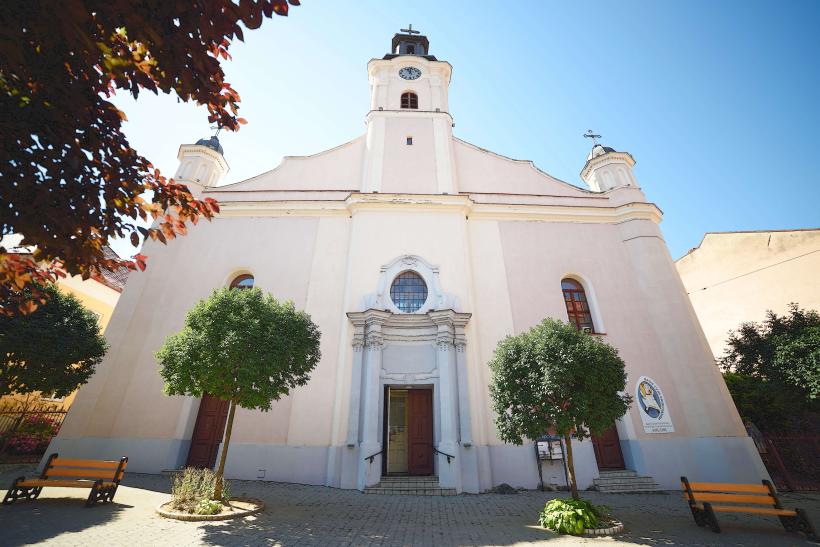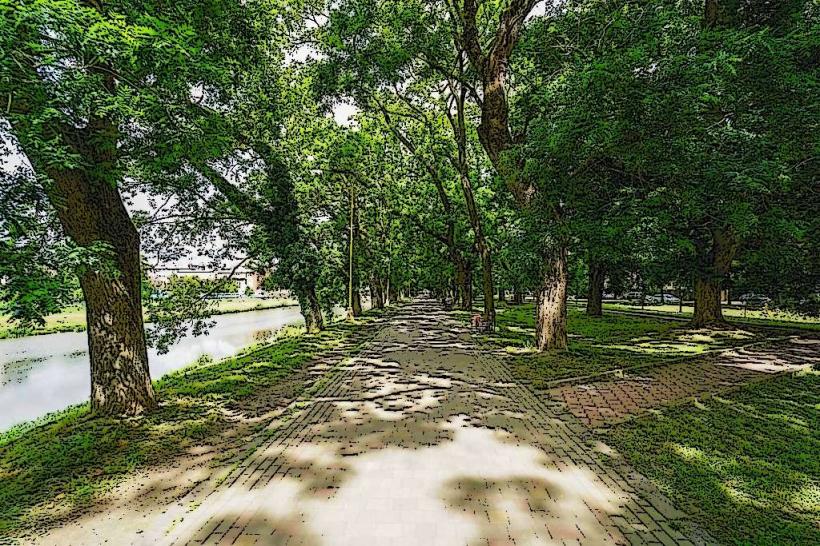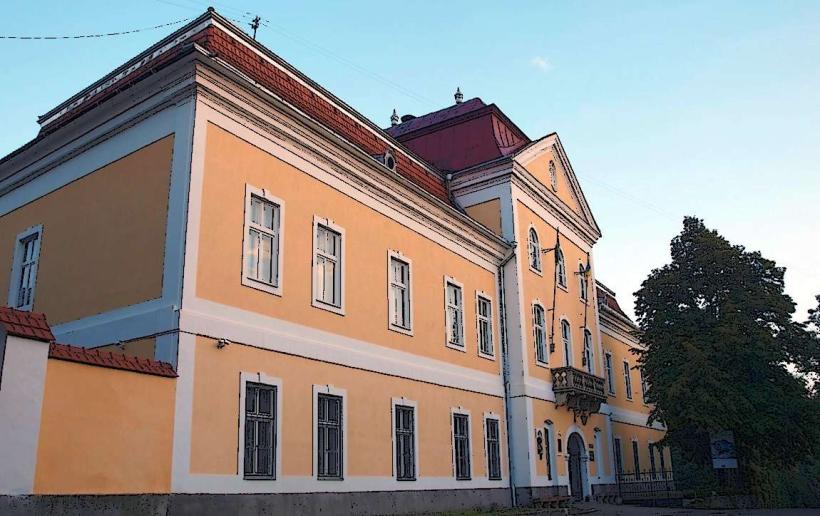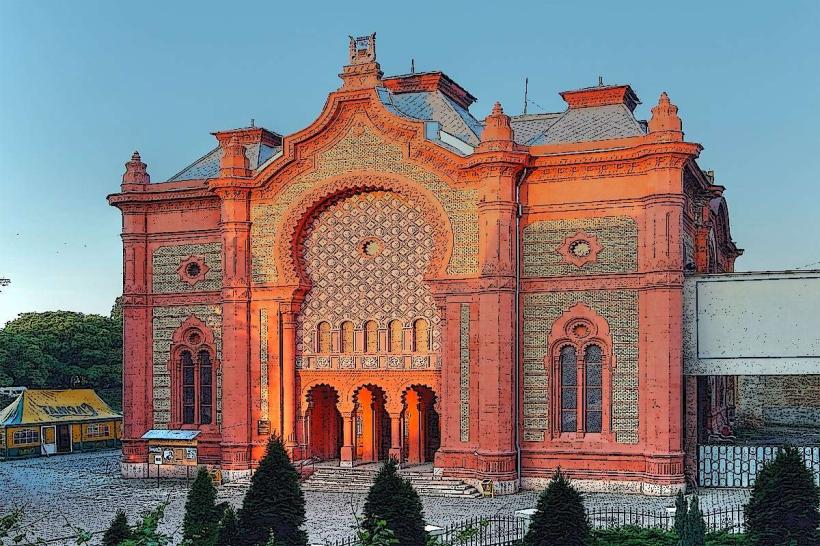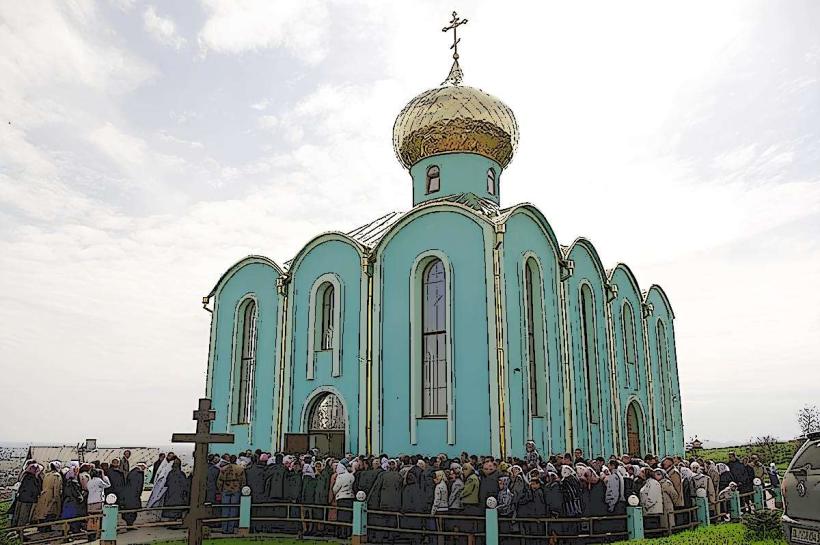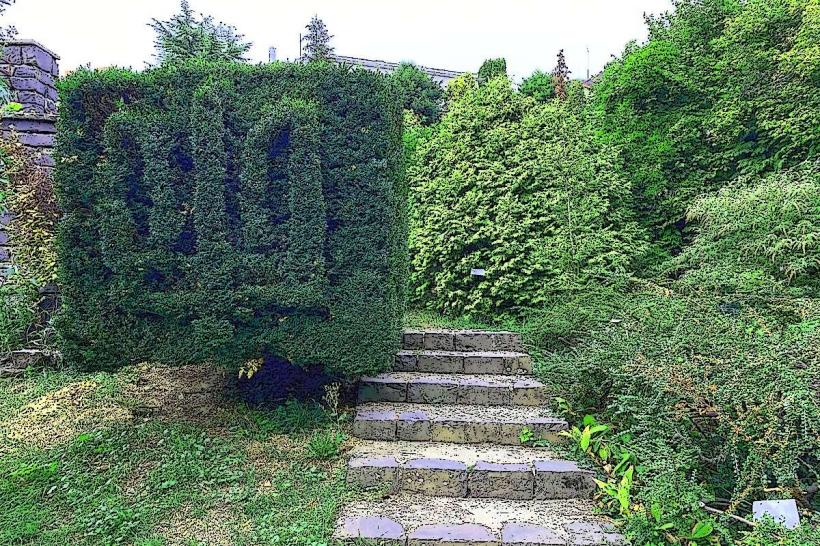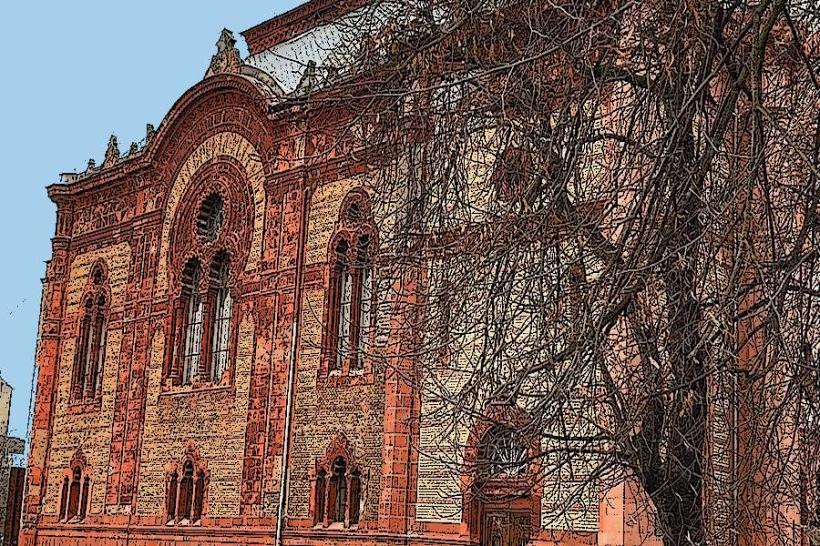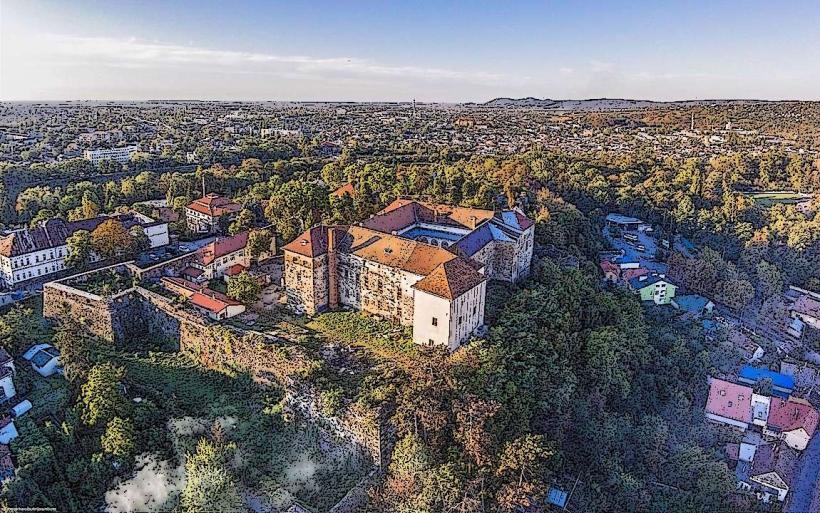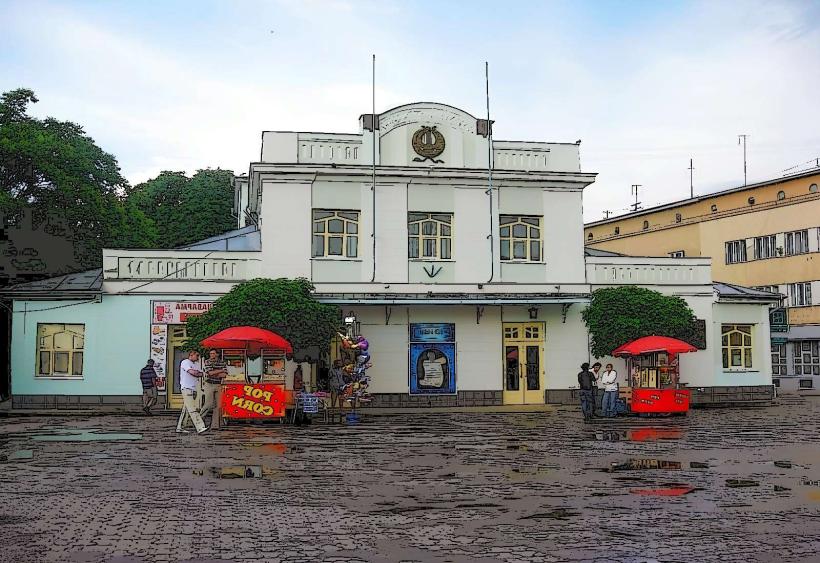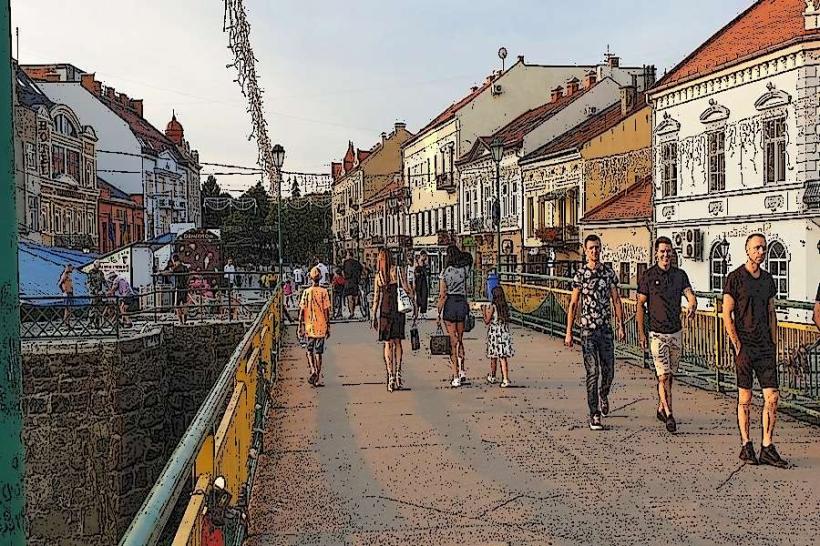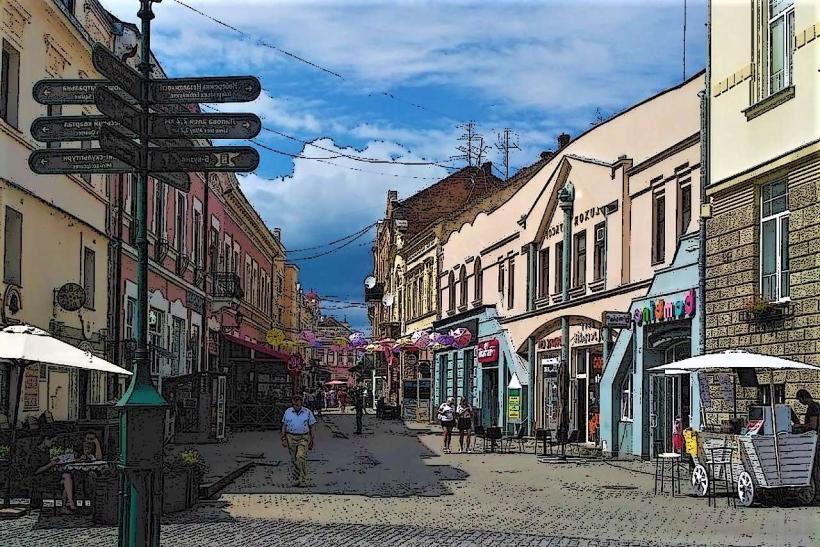Information
Landmark: Uzhhorod BridgeCity: Uzhhorod
Country: Ukraine
Continent: Europe
Uzhhorod Bridge, Uzhhorod, Ukraine, Europe
The Uzhhorod Bridge is a pedestrian bridge located in Uzhhorod, Ukraine, spanning the Uzh River.
It serves as a primary crossing point within the city center.
Visual Characteristics
The bridge is constructed from reinforced concrete and steel. It features a single arch design with a width of approximately 5 meters. The deck is paved with asphalt, and the railings are made of metal. The bridge's primary color is a neutral gray, with metal elements painted in a dark green.
Location & Access Logistics
The Uzhhorod Bridge is situated in the central part of Uzhhorod, connecting the pedestrian zones on both sides of the Uzh River. It is approximately 1 kilometer south of the Uzhhorod Castle. Access is direct from pedestrian walkways on either riverbank. There is no dedicated parking for the bridge itself; visitors typically park in city center lots, the closest being the parking area near Teatralna Square, about 300 meters to the west. Public transport routes serving the city center, such as bus lines 3, 5, and 12, stop within a 500-meter radius.
Historical & Ecological Origin
The Uzhhorod Bridge was constructed in 1961. It was designed by the Uzhhorod City Design Institute. Its original purpose was to facilitate pedestrian movement between the developing residential areas and the historic city center, improving connectivity across the Uzh River.
Key Highlights & Activities
Walking across the bridge provides views of the Uzh River and the surrounding cityscape. Photography of the river and adjacent architecture is possible. The bridge is a common route for local residents and tourists moving between the city's attractions.
Infrastructure & Amenities
The bridge has no dedicated amenities. There are no restrooms or food vendors directly on the bridge. Shade is minimal, provided only by the railings during certain times of day. Cell phone signal (4G/5G) is generally strong in this central urban location.
Best Time to Visit
For photography, the early morning (sunrise) and late afternoon (sunset) offer optimal lighting conditions for the cityscape. Weather is generally most favorable for walking between May and September. There are no tidal considerations as the Uzh River is a freshwater river.
Facts & Legends
A local anecdote suggests that couples who walk across the bridge hand-in-hand are destined for a long and happy relationship. While not a verified historical fact, it is a commonly shared sentiment among Uzhhorod residents.
Nearby Landmarks
- Uzhhorod Castle (1km North)
- Transcarpathian Regional Art Museum named after Yosyp Bokshai (0.7km Northwest)
- Uzhhorod Greek Catholic Cathedral (0.8km Northwest)
- Pedestrian Street Korzo (0.6km West)
- Uzhhorod Botanical Garden (1.2km Southwest)

